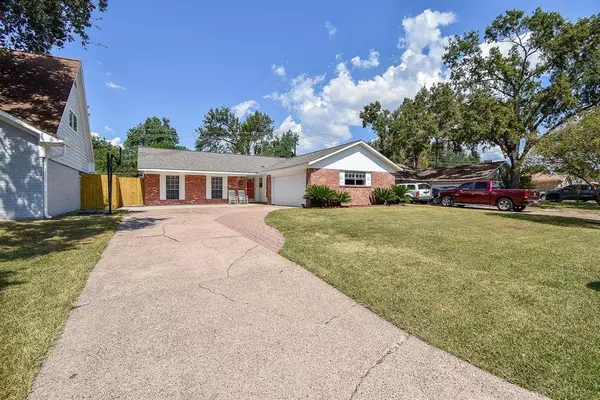
7 Common Real Estate Terms, Defined
7 Common Real Estate Terms, Defined You know the words “real estate,” but do you know exactly what they mean? I’m here to better explain this term and more today. Selling in the greater Houston area? Get a market analysis report Purchasing in the greater Houston area? Get full MLS access The

Getting Into the Homebuyer State of Mind
Getting Into the Homebuyer State of Mind These are the six habits that all successful homebuyers have in common. Selling in the greater Houston area? Get a market analysis report Purchasing in the greater Houston area? Get full MLS access These six behaviors are things you can do on a daily,

10 “Skips” That Will Help You Save for a Down Payment
10 “Skips” That Will Help You Save for a Down Payment Start saving now with these 10 simple tips. Selling in the greater Houston area? Get a market analysis report Purchasing in the greater Houston area? Get full MLS access When you’re saving up for something as big as a down payment for a
Categories
- All Blogs (66)
- Buy A Home (23)
- Buyer Tips (31)
- Deer Park Spotlight (1)
- Downloads (4)
- Downpayment Assistance / Grant Programs (4)
- Financing A Home (11)
- First Time Home Buyers (13)
- First Time Home Sellers (11)
- Follow Me Friday (5)
- For Sale By Owner / FSBO (7)
- Fun Stuff :) (6)
- Holiday Events (2)
- Home Appraisals (7)
- Home Inspections (6)
- Home Loan Process (10)
- Home Maintenance (7)
- Home Staging (4)
- Homestead Exemption (4)
- Investing (6)
- Listing Video Tours (7)
- Market Snapshot (7)
- Market Update (7)
- Miscellaneous (5)
- New Construction (5)
- New Listings (1)
- Raving Fans (5)
- Real Estate Knowledge Video Series (6)
- Sell Your Home (31)
- Seller Tips (28)
- Tax Credits (4)
- Testimonials / Reviews (5)
- Uncategorized (10)
- VIP Preferred Vendors (5)
Recent Posts










